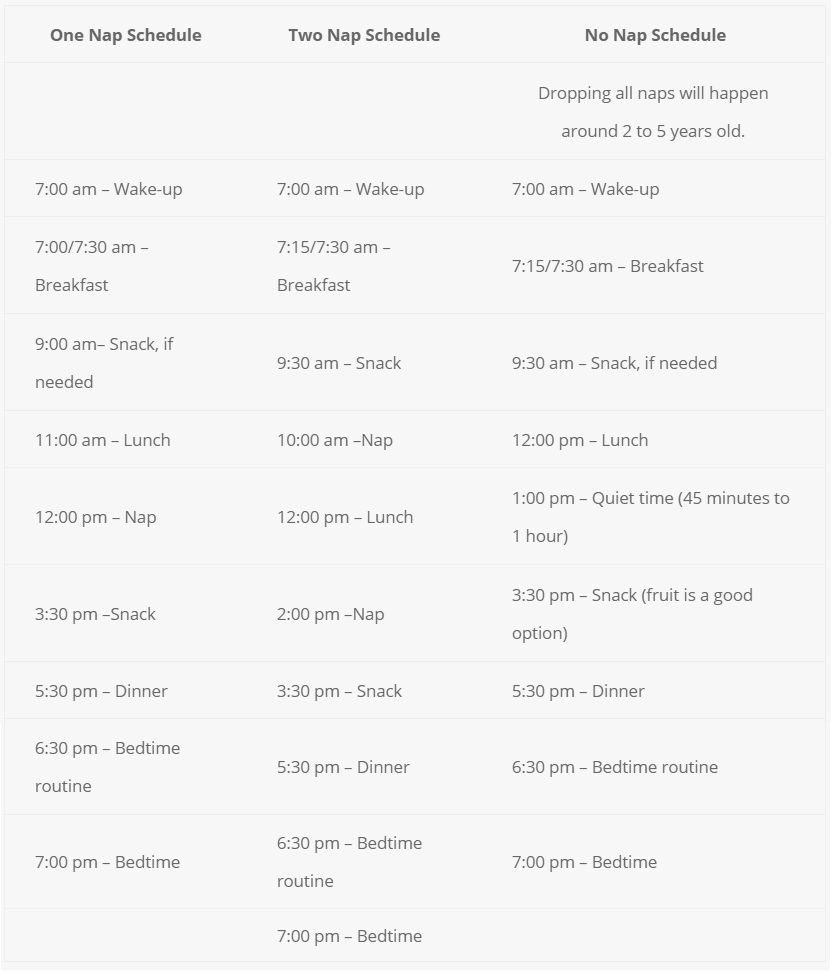Parent Resources
|
|
Within this section you will find example schedules and tips to guide you in your parenting journey. What you won’t find here is an overload of information! Every family and child is different and therefore requires information that applies to your situation. Contact me for personalized guidance for your family. |
|


